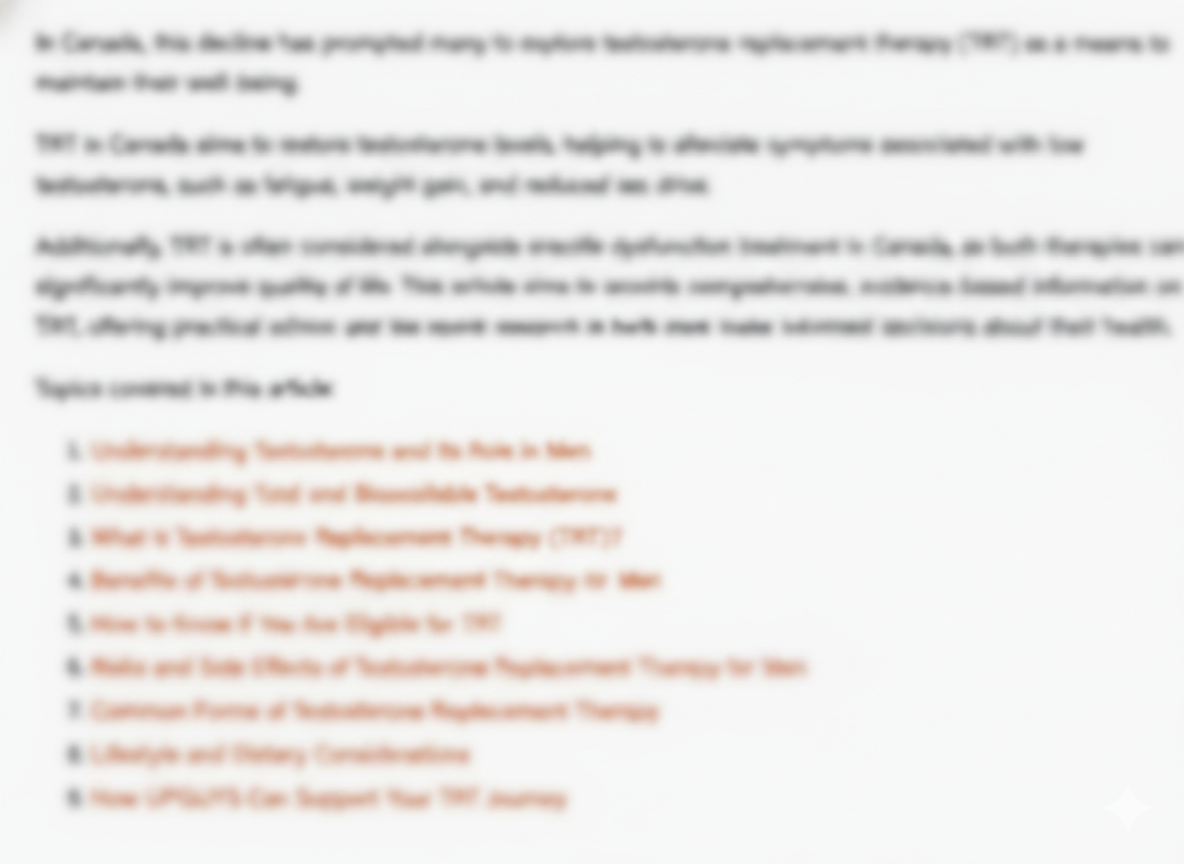Hair loss can take a serious toll on men, which is why hair growth
medications exist and many men order products like Rogaine. But what about all the Rogaine warnings and precautions?
How safe is this hair growth medication exactly, and how can you know
if you would be a good candidate for it? After all, a bit of extra hair
isn't worth it if it means that your health will suffer. If you want to
know about important Rogaine precautions and how to use Rogaine, keep
reading.
Easy and Discreet
Order Oral And Topical Rogaine Online
Order Now
Table of contents:
What Is Rogaine, and How Does It Work?
Rogaine
is also known as
minoxidil
(the active ingredient in Rogaine and the name of its generic version),
and it is one of the few FDA-approved medications used to treat male and female hair loss. However, you must understand that Rogaine does not
work for all types of baldness. It doesn't even work on all types of people.
For that reason, some people may experience better results with this
medication compared to others. Rogaine also takes a long time to work.
You might even have to wait as long as 4 months before you begin to see
any new hair growth.
The effects of Rogaine (minoxidil) last only as long as this medication
continues to be used. Hair loss will resume a while after you stop using
it.
Besides that, Rogaine can't regrow all of your hair. So, if you've lost
large portions of hair and are almost bald, you can't expect this
medication to give you back the thick hair you used to have. However,
that doesn't mean that this medication is useless, as it still can be
effective for some people.
Rogaine is what is known as a vasodilator which means it will cause
your blood vessels to become wider, allowing for more blood to flow
through them. Besides that, this medication has the ability to enlarge
the size of hair follicles and allows hair follicles to grow for a
longer period of time.
The best time to use Rogaine (minoxidil) is when you first notice the
signs of hair loss.
This is important because hair growth has everything to do with the
growth phases of your individual hair follicles. By keeping your hairs
in the growth phase, they will continue to get longer and longer without
falling out. This will allow you to keep your hair for a longer time and
will make your hair look fuller.
However, Rogaine works best when used when you start to see the first
signs of balding. That's because your hair follicles will still be
active. Rogaine won't be able to work if you are already totally
bald.
Read more: How Much Does Rogaine Cost?
Rogaine Warnings
Rogaine is considered a relatively safe medication. However, there are
still some Rogaine side effects, warnings, and precautions you should
know about before you try this medication for the first time. One of the
most common side effects
is scalp irritation.
This side effect is not surprising because, as mentioned before,
Rogaine is a vasodilator. For that reason, more blood will rush to the
surface of your scalp and cause your scalp to feel warm and irritated.
The ingredients in the medication itself may also irritate your
skin.
However, this irritation should go away on its own after a week or so of using the medication. You
may also notice hair growth in areas that are adjacent to where you are
using the medication. Forehead hair growth is a common side
effect.
Rogaine (minoxidil) is relatively safe. Still, there are side effects you need to
familiarize yourself with before using this medication.
The colour and texture of your hair may also change somewhat. You
should avoid getting Rogaine near or in your eyes. This medication can
be very irritating and even damaging to the eyes.
If you do get Rogaine in your eyes, you should wash it out with cold
water as soon as possible. If your eyes still hurt after doing this, you
shouldn't hesitate to call your doctor.
There are also some serious side effects that you may experience when
taking Rogaine, but these side effects are very rare. For example, some of them include chest pain and swelling of the hands and
feet.
Some people may gain weight
for seemingly no reason, while others may start to
feel faint or dizzy.
If you experience any of these rare side effects, talk to your doctor
to see if you should discontinue this medication. Otherwise, most normal
side effects will go away on their own.
Read more: Rogaine Dosage
Easy and Discreet
Order Oral And Topical Rogaine Online
Order Now
Who Cannot Take Rogaine?
As mentioned before, Rogaine does not work on everyone, and it cannot
help every type of baldness. In the same vein, there are some people who
should not take Rogaine. For example, suppose that your hair starts
falling out in clumps, and you can't figure out why.
In this case, you should not use Rogaine because you don't know the
cause of your hair loss. It may be caused by a more serious condition
that Rogaine will not be able to help with. Also, you should not take
Rogaine if your scalp is itchy, irritated, or infected.
If this is the case, Rogaine will only irritate your scalp more, and it
won't do much for your hair loss. Instead, you should have the
irritation or infection treated before using any hair growth products.
Finally, you should not use Rogaine if your hair loss is due to bad
grooming methods, such as teasing or bleaching your hair.
Final Words
When it comes to Rogaine warnings and precautions, you should know that
this medication is considered safe. While it may not work on everyone
and while it may have some side effects, it can still be an effective
treatment for certain types of baldness.
Read more: Rogaine vs Minoxidil








